Diversity is increasingly one of the most talked about topics in the HR and recruiting industries, but that doesn't mean it's a simple subject to digest. We're glad you landed on this page, because with any new or challenging topics it's important to start with the basics.
This guide is a great jumping off point to better understand the complex nature that is diversity and — of course — inclusion. We'll start by defining diversity and explaining what diversity is, then finish with insight from 10 experts on the importance of diversity in the workplace.
Diversity Definition
DEI experts offer solutions to create a radically inclusive workplace.
You can also click the links below to skip ahead.
What is Diversity?
The number of factors that define diversity is truly unlimited. Throughout an individual’s life, the unique biological and genetic predispositions, experiences and education alter who they are as a person. These nature vs. nurture interactions are what diversify and evolve the human race, allowing individuals to connect and learn from each others differences.
While such idiosyncrasies are infinite, there are a number of factors commonly discussed, considered and tracked. If you're looking to better understand the topic of diversity, you should know the following most common individual differences that are referred to when considering diversity in the workplace.
- Age
- Citizenship status
- Cognitive abilities
- Cultural differences
- Education
- Ethnicity
- Family
- Gender
- Gender expression
- Geographical location
- Ideologies
- Income
- Language
- Marital status
- Morals
- Neurodiversity
- Parental status
- Physical abilities
- Political beliefs
- Privilege
- Race
- Religious beliefs
- Skills
- Social roles
- Socio-economic status
- Sexual orientation
- Upbringing
- Work experiences
What Diversity in the Workplace Means to 10 Companies
The topic of diversity is well...diverse. There are many aspects to consider when it comes to diversity and creating a diverse and inclusive workplace. Not only that, but if you ask any number of experts what diversity means to them, they’ll respond with a wide variety of answers.
So to provide you with a greater range of opinions on the matter, we chatted with some experts to hear what diversity means to them and their unique teams. Here’s what they said:
Diversity is Everyone's Concern, Especially in Tech
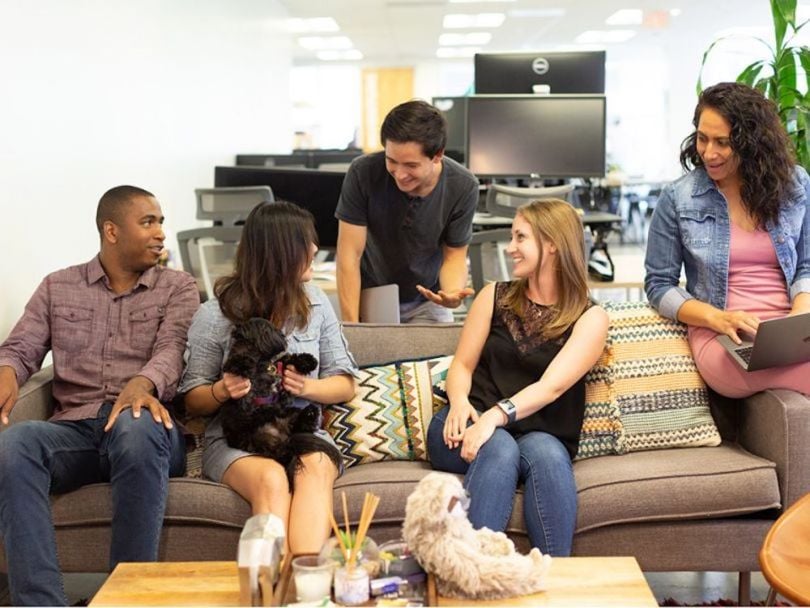
“We’ve heard tech referred to as ‘the new Wall Street,’ which means that the tech community has the opportunity to create a new global standard for the kinds of voices and products that power our economy. Lack of workforce diversity is not a standalone problem — it’s an issue due to larger systemic injustices our country is still working to address, alongside global market forces.
In order to unify behind diversity, the tech industry needs more champions in CEOs and informal influencers, and not just diversity teams. We need companies willing to admit where they fall short and why. The industry has to care and act, on every level, and that may make people uncomfortable for a while. Ultimately these efforts can generate positive change.
Actions like diversifying the company’s vendor and supply chain, auditing company culture for exclusionary norms and definitions of high performance, creating safe spaces and forums for marginal voices to be heard, investing in pipeline-building programs like Girls Who Code or Code2040. These are real and tangible ways any company can contribute, and these actions add up.”
Bonnie Olivia-Porter, Director of Global Operations at Tala
Read more about what diversity means at Tala
See how your employer brand is performing in AI tools like ChatGPT and Google.
Inclusion is Just as Important as Diversity
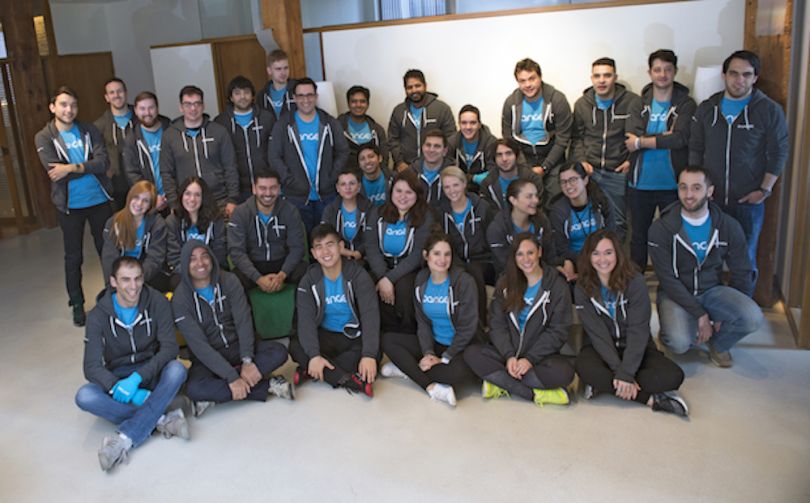
“I look at diversity pretty broadly. To me, diversity is about even more than skin color, sexual orientation or gender — it’s about bringing in people with different points of view. When you bring in people with different worldviews, whether that is work, life, or cultural experience, they bring something to the table that we all collectively learn from. That’s what makes us stronger.
Diversity is something that doesn’t just happen. You can value diversity, but you have to put a process and culture in place that values this frame of mind. You have to be inclusive. Having women in leadership at Pangea didn’t happen by accident. It’s because I’ve focused on that. It’s not about meeting quotas — we have to work really hard to make sure that there’s an infrastructure in place that’s welcoming and attractive to all kinds of people.”
Nishu Thukral, CEO at Pangea Money Transfer
Read more about what diversity means at Pangea Money Transfer
All Forms of Diversity Contribute to Creativity
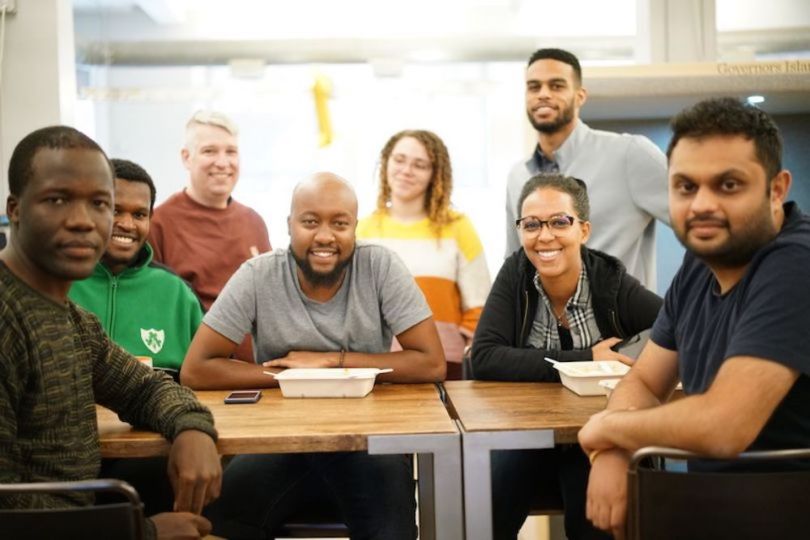
“Diversity — whether of thought, ethnicity or experience — is of the utmost importance to engineering organizations. With diverse backgrounds in the workplace, there’s greater depth you get to pull from when troubleshooting an approach. A homogenous group of people will give you less creative emergence of new ideas if everyone is speaking from the same set of experiences.
By hiring a more diverse group of people, and ensuring a workplace environment where space is created for those voices to be heard, divergent ideas come to light and allow our team to discover a more robust way to approach a problem or a more well-thought-out definition of what winning looks like — whether that be attentive performance metrics that consider different network speeds in locations around the globe or the color schemes of a product.”
Charles Garrett, Engineering Manager at Percolate
Read more about what diversity means at Percolate
With Diversity and Inclusion Must Come Equality
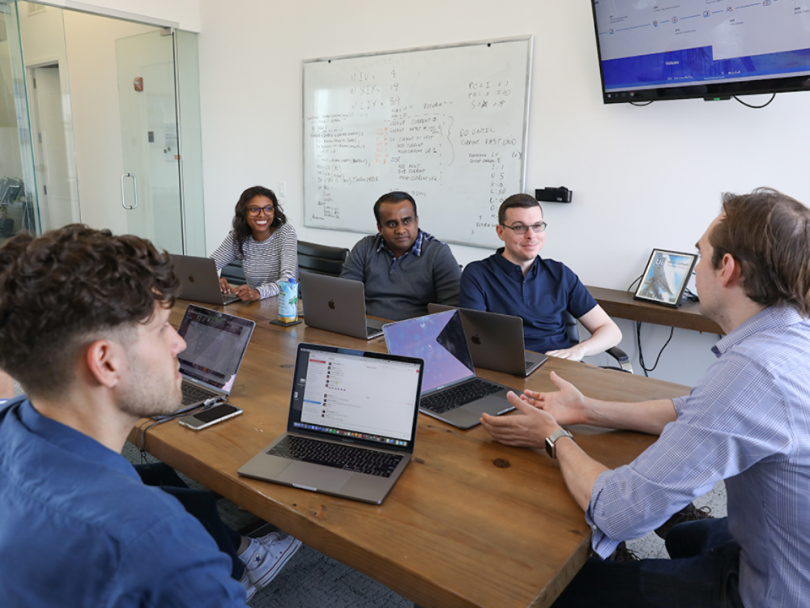
“Though we may share things in common with other individuals, at the end of the day, everyone is their own person and can bring different things to the table, which is why diversity is so important for innovation. The UiPath Brooklyn office is a very diverse place, which I think is hugely beneficial for the workplace and the company. By working alongside people of different backgrounds, experiences and working styles, creative concepts can be born from bouncing ideas off of each other and offering feedback and suggestions. Equality in the workplace is also important for encouraging employees from all backgrounds to feel confident in their skills and achieve their best. The higher the team morale, the more productive we all are.”
Thushara Sathkumara, Backend Software Engineer at UiPath
Read more about what diversity means at UiPath
Diversity Isn't Just an Internal Business Strategy
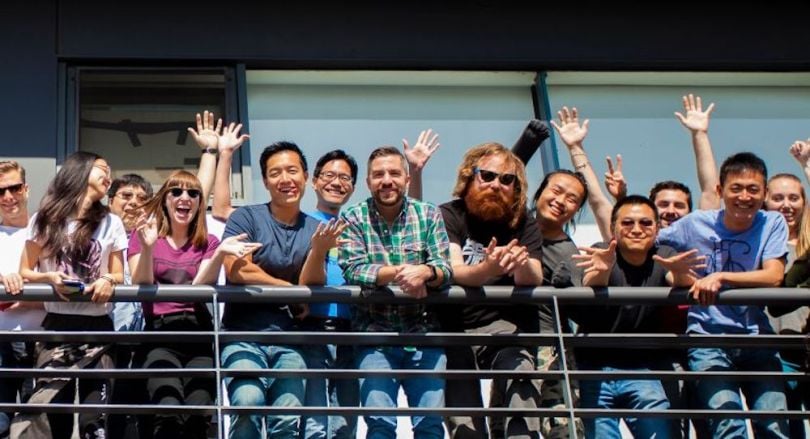
“We believe that diversity is something that is necessary for us to continue being successful as a company. We have partnered up with various organizations rooted in diversity in order to further our recruiting efforts in that realm. We have also held meet-ups and will continue to host events with these organizations in order to keep reaching out to talent from different communities.”
Susana Min, Technical Recruiter at System1
Read more about what diversity means at Pangea Money Transfer
Diversity Starts with the Hiring Process
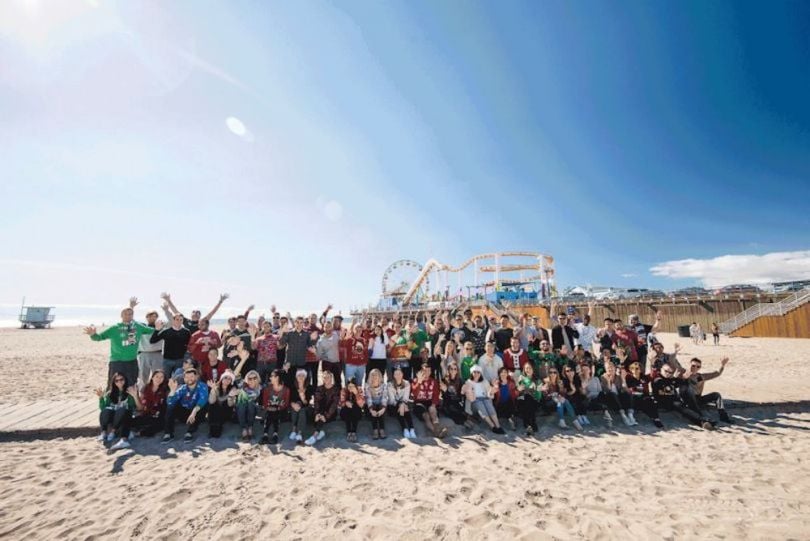
“We hire the right people for the right jobs. That is the right thing to do for the company, for clients and for the person. For us, diversity is baked into our talent pool. We have offices in Los Angeles, Atlanta and Austin, all diverse cities with great talent. We look for people who have heart, desire and the ability to do the work, no matter their race, gender, sexual orientation or age. Inclusiveness is part of our culture; if you are here, you are MomentFeed.”
Carey Bettencourt, Chief Client Officer & Chief Revenue Officer at MomentFeed
Read more about what diversity means at MomentFeed
Diversity Training is Beneficial to Everyone
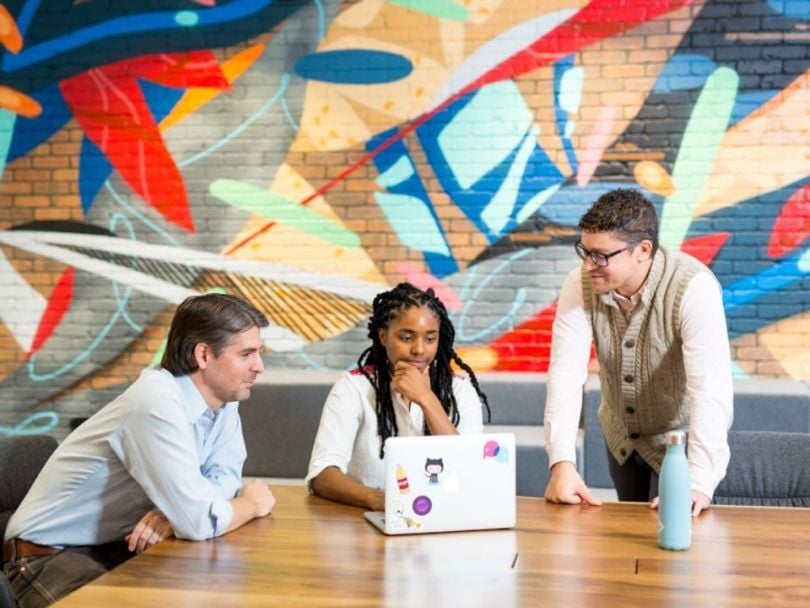
“Every new employee goes through an interactive training on diversity, equity and inclusion. While this isn’t too uncommon, we teach that the biggest barrier to diversity is indifference and have each employee consider moments in their lives in which they felt excluded.”
Kelly O’Connell, Principal Product Manager at ActiveCampaign
Read more about what diversity means at ActiveCampaign
Diversity is a Natural Part of Growth
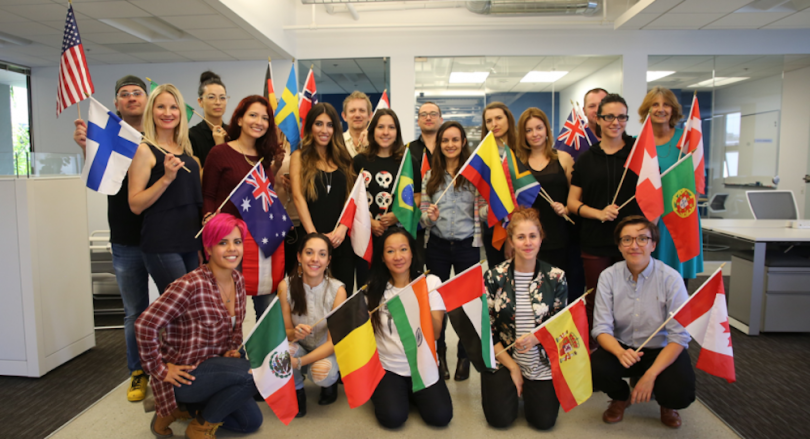
“Since diversity is a natural part of our growth, we don’t take our talented resources for granted. We have committed to partnering with multiple diversity strategy firms, which focus not only on diverse talent acquisition but also on the unique factors involved in the retention of women and minority groups in technology.”
Avni Agrawal, Senior Marketing Specialist at MatchCraft
Read more about what diversity means at MatchCraft
Diversity is Key to Problem Solving and Innovation

“Diversity is a critical element of Pareto’s culture because our experiences define how we approach problems. Not just work experience, but life experience too. We want our people to draw upon all their experiences to generate the best ideas and solutions. Having a team with varied experiences, backgrounds and cultures gives us rich perspectives when it comes to problem-solving.”
George Asante, CTO at Pareto Intelligence
Read more about what diversity means at Pareto Intelligence
Diversity is Linked to Increased Profit & Innovation
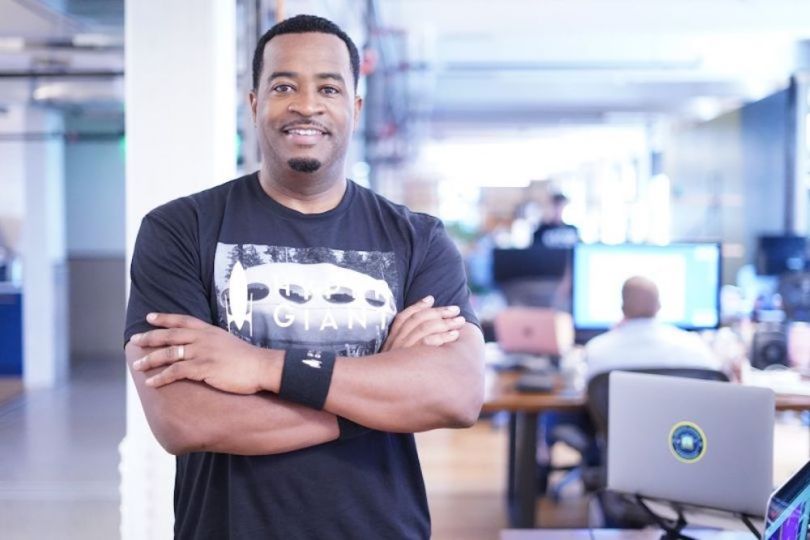
“[My role] will involve creating frameworks that ensure ethics and diversity is part of the culture and the soul of the company, from development to deployment. We’re not just doing it to go through the motions. We actually believe that diversity increases the level of innovation within companies and increases the culture and the ability to deliver for customers.
Most Fortune 500 companies have diversity scorecards, with figures linked to the profit and loss statements of each of their individual business units. AI solves the tech problem, and if ethics and diversity are at the soul of the solution, it also helps them solve their diversity ROI issues as well.”
Will Griffin, VP of Ethics & Diversity in AI at Hypergiant
Read more about what diversity means at Hypergiant
DEI experts offer solutions to create a radically inclusive workplace.




